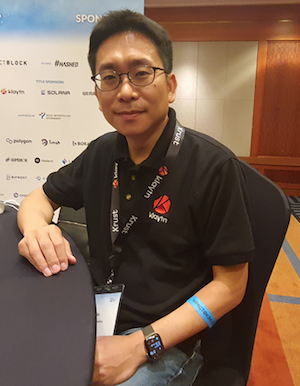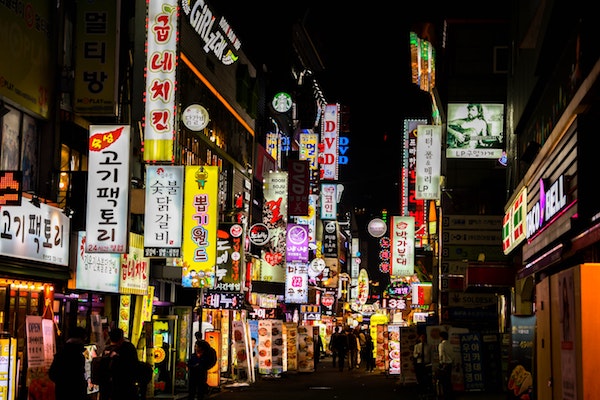Maybe it’s the language barrier, or the walls authorities have set up to prevent money from leaving the country. But whatever it is, South Korea has built its own unique corner of the cryptoverse that’s unlike anywhere else on the planet.
Doo Wan Nam, a MakerDAO delegate who co-founded the research and advisory firm StableNode, laughs as he describes how crazy the intense speculation and crypto gambling can get in South Korea. He says it’s a country where the price of stablecoins like Dai or USD Coin can sometimes trade sky-high because if the price starts to rise a little above the $1 peg for some reason, speculators will jump in on the momentum trade.
“They sometimes trade for $20 because they don’t know it’s a stablecoin,” he explains. “They go, ‘You know, it was trading at $10, I bought it because it was pumping… I don’t know, I didn’t read, I just bought.’”
“So, I think that kind of tells you whether people knew what Terra was.”
The spectacular $60-billion implosion of the Terra ecosystem, headed up by the charismatic but ultimately deluded Korean developer Do Kwon, casts a pall over the entire ecosystem.
Terra is also instructive about some of the unique characteristics of the crypto culture in Korea, which places less emphasis on decentralization and puts more trust in project leaders like Kwon.
Crypto is huge in this country obsessed with the latest and greatest technology. The capital city Seoul is a futuristic metropolis with massive high-res screens and blistering fast internet everywhere. One in three people in the country owns cryptocurrency, and the government has unveiled an ambitious plan to transform it into the fifth-most metaverse-friendly country in the world.
South Korea technology
While English is taught in schools, few speak the language at a conversational level. This is true of many countries of course but helps explain why many Koreans aren’t plugged into the same information sources as crypto fans in the United States. Forget western social media and tech giants such as Reddit, Google, Twitter and Facebook — Google Maps barely works in the country and good luck getting an Uber.
Instead, South Koreans access the internet, chat, search, order food and call for rides using local giants Kakao and Naver.

“More than 90% of Koreans are…
Click Here to Read the Full Original Article at Cointelegraph.com News…
























